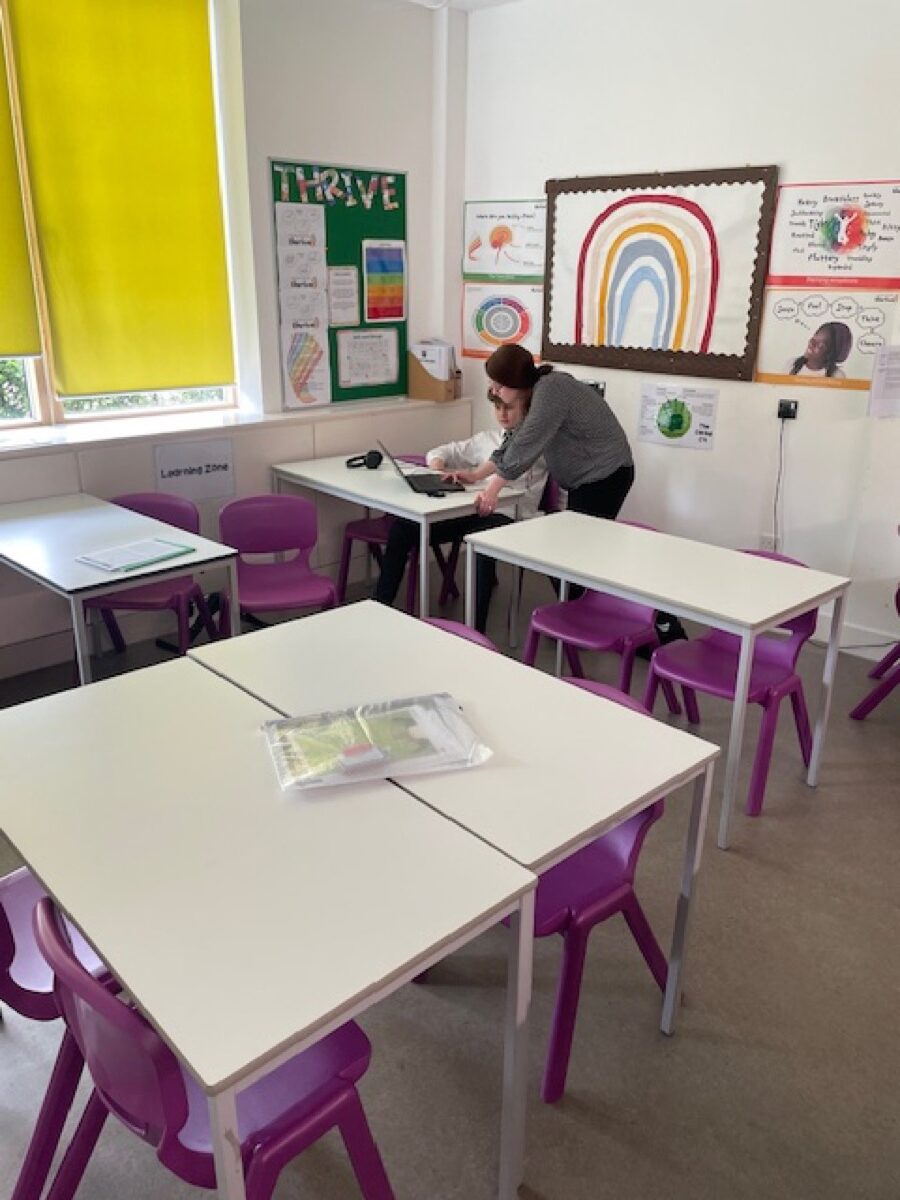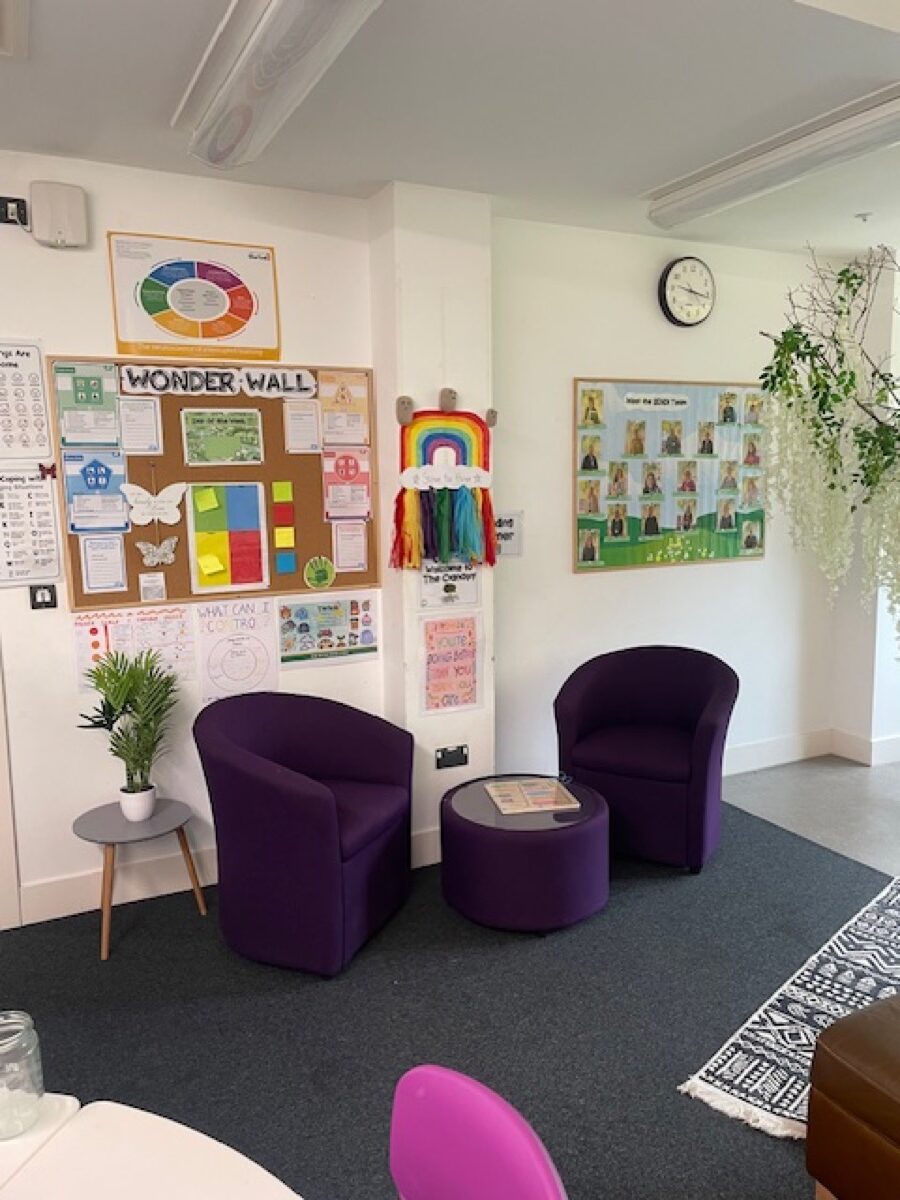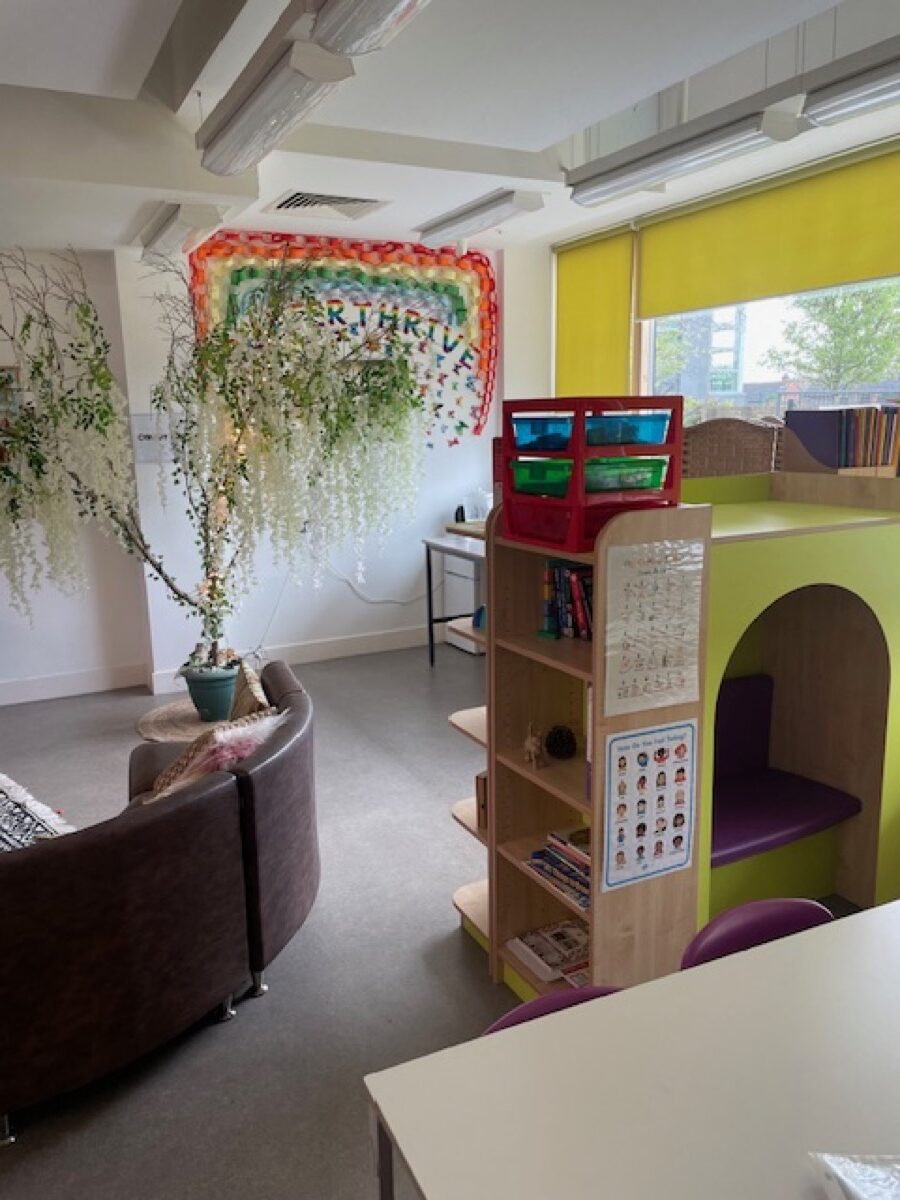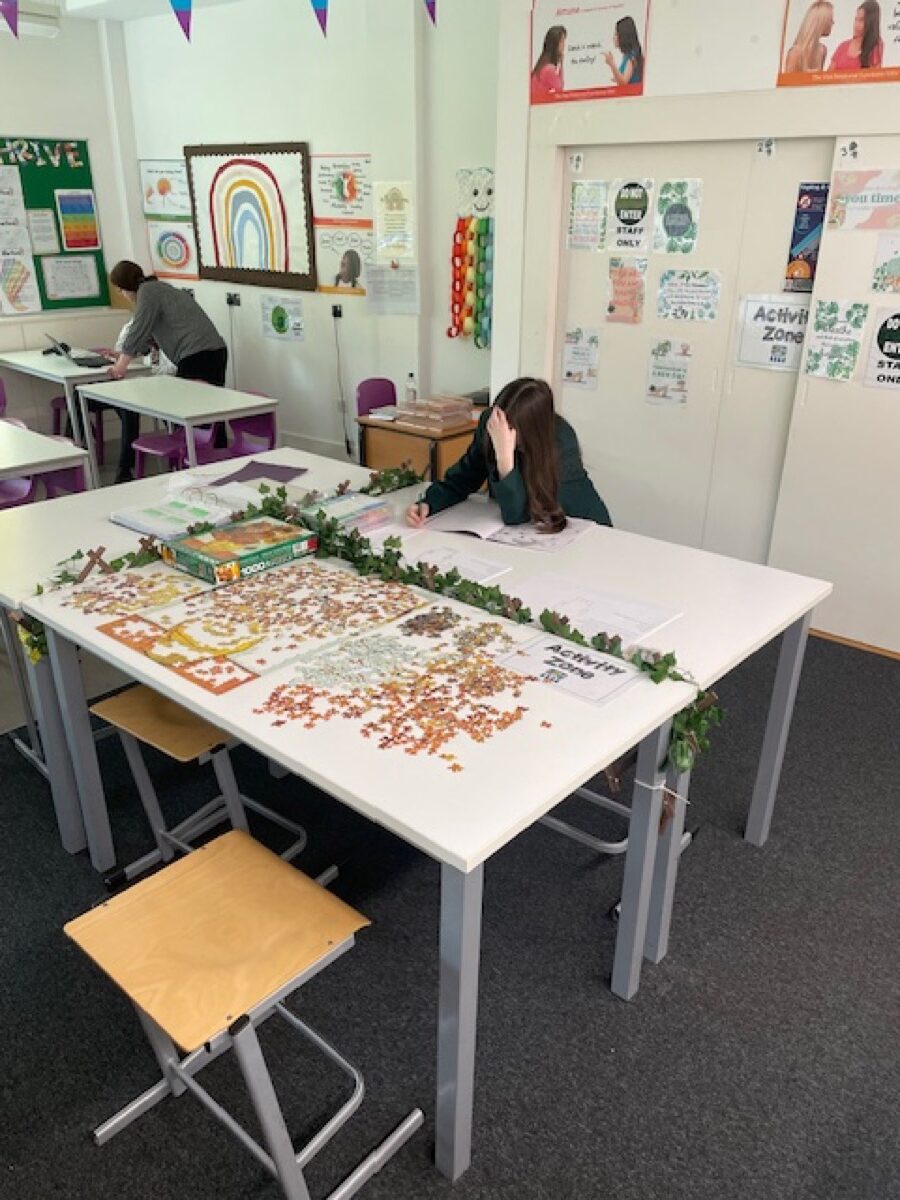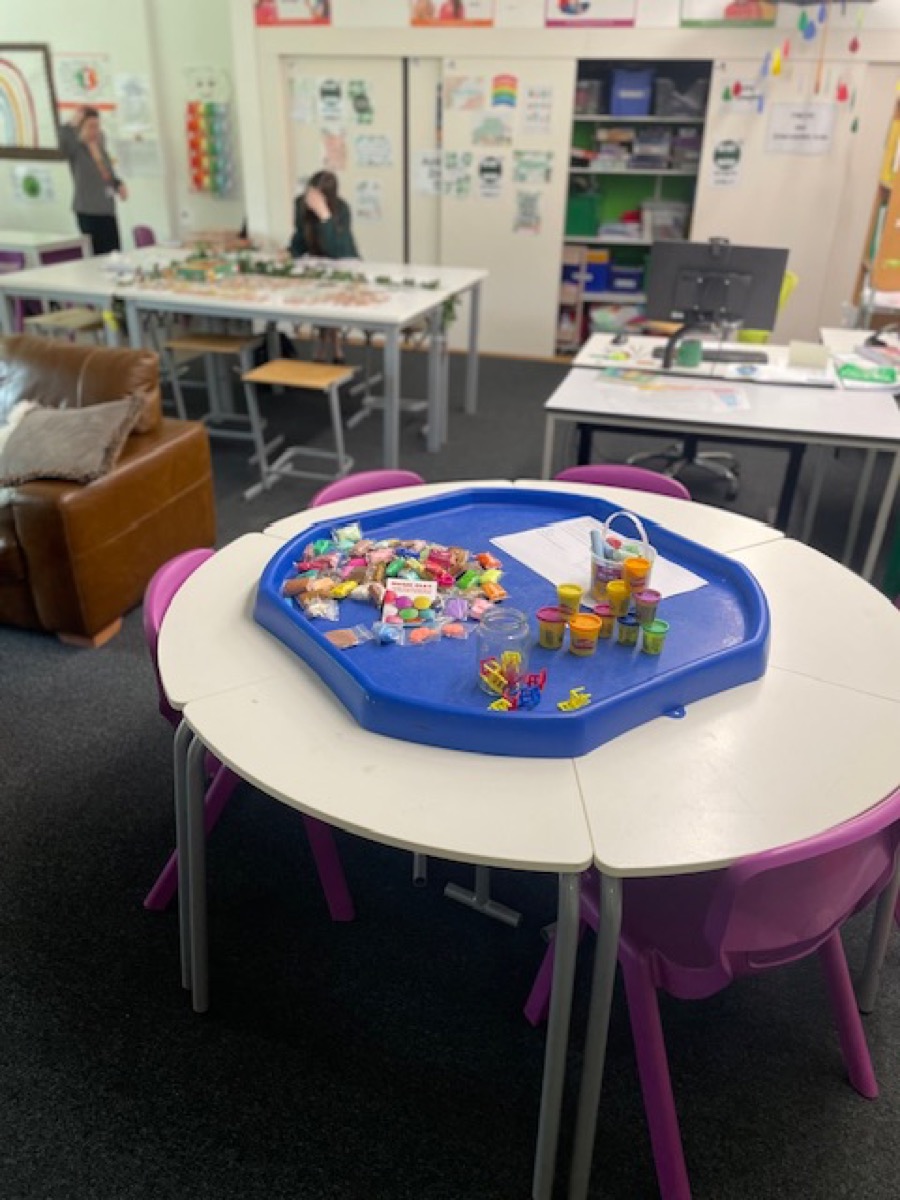Thrive

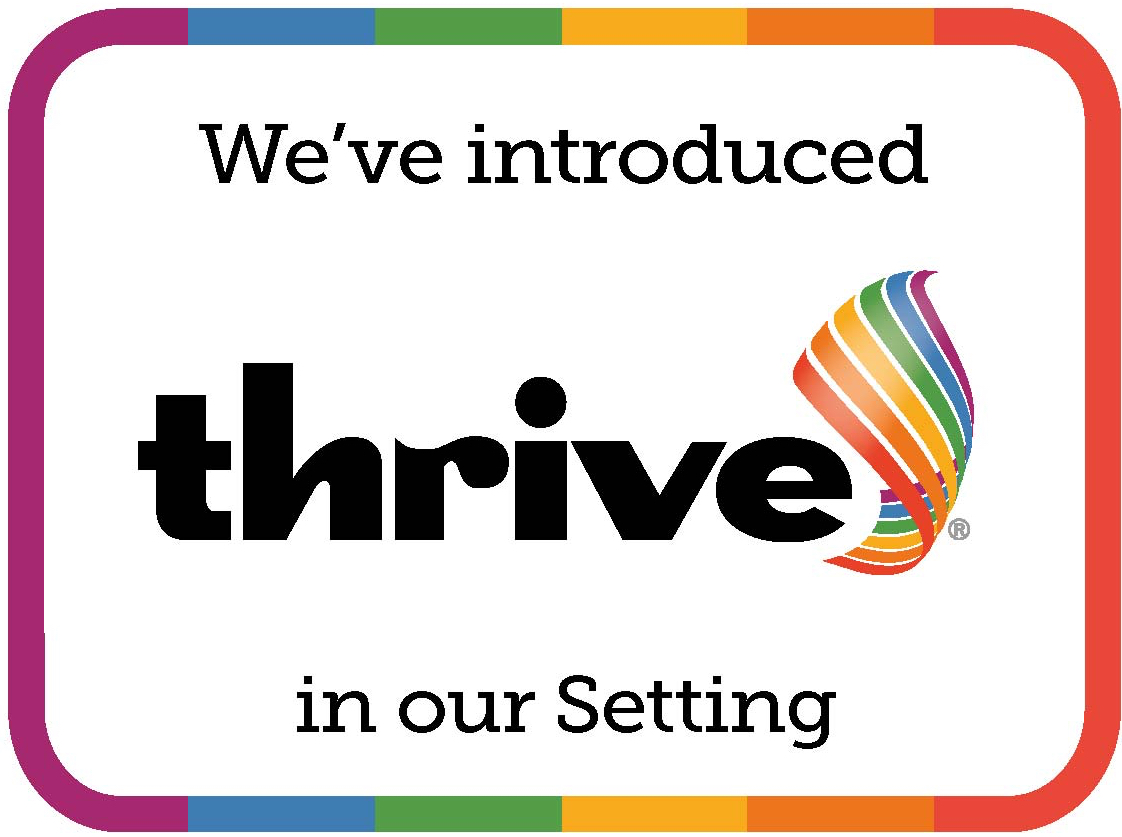
Across Tudor Grange Academy Trust, we are delighted to be embedding the Thrive Approach into our schools to support the emotional well-being of our pupils.
The Thrive Approach enables our staff to identify specific ways of working with pupils and helps them to respond to their differing needs, enabling them to contribute to developing a young person’s secure emotional base.
A secure emotional base is the necessary foundation for healthy development and enables access to learning so that children and young people can maximise their potential.
The Thrive Approach has four guiding principles:
- Every child or young person is a unique person, constantly developing and learning in different ways and at different rates, each with their own abilities, talents, and potential to be fulfilled
- Healthy development, emotional wellbeing and learning rely upon, and are promoted through, positive relationships
- People flourish when they are confident, self-assured, capable, and resilient
- Children and young people thrive in enabling environments where their individual development, learning experiences and needs are understood, responded to, and supported through strong partnerships with parents or carers.
The Thrive Approach is appropriate for all children and young people and enables adults to understand and meet children’s social and emotional needs at each stage of their development. Sometimes, because of challenges in the lives of children or their families, special educational needs or trauma, children and young people may be left with gaps or interruptions in their emotional development. The Thrive Approach enables adults to help to repair these gaps retrospectively, supporting optimal emotional health and wellbeing.
The Thrive Approach acknowledges that all behaviour is a form of communication. It highlights to us that behind every behaviour is a feeling and behind every feeling is a need. If a child or young person is behaving in a distressed, dysregulated, disruptive, or defensive manner, the adults around them recognise that this is their way of communicating that they have a need that is not being met.
As supportive adults in school, we focus on meeting the need of the child or young person rather than concentrating on the behaviour. This helps us to address the behaviour in a meaningful and sensitive way.
What is the Thrive Approach?
The Thrive Approach is a dynamic, developmental, trauma-informed approach to meeting the emotional and social needs of all children and young people. It is informed by recent developments in neuroscientific research and is underpinned by a theoretical base in child development theory, attachment theory and research into creativity, play and the arts.
Fundamental to the Approach is the finding from neuroscientific research that children and young people’s brains develop in response to their experiences in relationships. This means that if we want to support optimal development in children and young people, we need to understand their specific social and emotional needs at each age and then provide them with the right set of experiences and
relationships to meet those needs.
We use the Thrive developmental model, coupled with insights from neuroscience and attachment theory, to give you an understanding of what young people need at each stage of development and what’s involved in meeting those needs. Our online assessment, action-planning and measurement tool, Thrive-Online, enables you to identify the age-related needs of groups of young people and
recommends strategies and activities designed to meet those needs. From this, you can create targeted action plans, which can be incorporated into your schemes of work and lesson plans. Thrive-Online then enables you to track young people’s progress over time, so that you can adapt your plans to meet their changing needs.
In addition to age-related needs, some young people have unmet needs from earlier in their development, which we call ‘developmental interruptions’. These interruptions can make it difficult for young people to access learning, manifesting in behaviours such as problems forming relationships with others, difficulties with focusing and staying on task, verbal and physical aggression, agitation, avoidance and zoning out.
Thrive-Online enables you to identify these young people easily so that you can refer them to your school’s Licensed Thrive Practitioner for more intensive support. The Licensed Practitioner then uses Thrive-Online to conduct a more in-depth profile of each young person’s individual needs and creates a bespoke action plan of strategies and activities designed to address those needs, which they deliver in a series of one-to-one or small-group sessions.
For optimal brain development, how you are with young people is more important than what you do with them. For this reason, we offer training and resources in specific relational skills that will enhance your interactions with young people so that you are able to respond to their behaviours in ways that foster emotional literacy, self-awareness and the capacity to self-regulate.
For optimal brain development, how you are with young people is more important than what you do with them. For this reason, we offer training and resources in specific relational skills that will enhance your interactions with young people so that you are able to respond to their behaviours in ways that foster emotional literacy, self-awareness and the capacity to self-regulate.
The Theory of THRIVE
The theory of Thrive can be applied to adolescents as well, with a focus on their overall well-being and development during this critical stage of life. Here are some key aspects of applying the theory of Thrive to adolescents:
It’s important to note that Thrive is a general framework and its application to adolescents may vary depending on their unique circumstances and cultural context. Professionals in the field of adolescent development can provide more specific guidance and support based on the theory of Thrive.
Meet Our Team

Aimee Guyatt
SENDi Team Manager

Natalie Beard
Thrive Practitioner Lead for TGAW
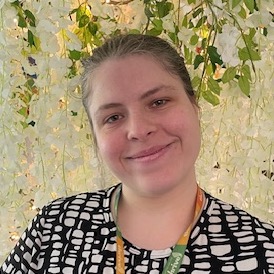
Gemma Beck
Thrive Partitioner

Naomi Smith
Thrive Practitioner
The Canopy
